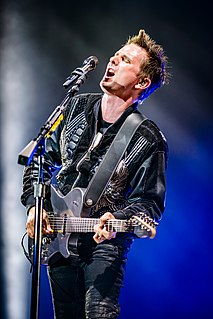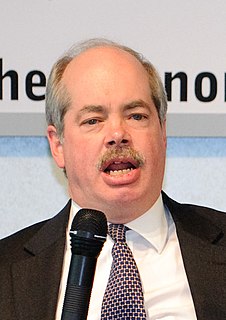A Quote by Kate Crawford
Error-prone or biased artificial-intelligence systems have the potential to taint our social ecosystem in ways that are initially hard to detect, harmful in the long term, and expensive - or even impossible - to reverse.
Related Quotes
I think whatever nation or whoever develops one artificial intelligence will probably make it so that artificial intelligence always stays ahead of any other developing artificial intelligence at any other point in time. It might even do things like send viruses to a second artificial intelligence, just so it can wipe it out, to protect its grounds. It's gonna be very similar to national politics.
Artificial intelligence is just a new tool, one that can be used for good and for bad purposes and one that comes with new dangers and downsides as well. We know already that although machine learning has huge potential, data sets with ingrained biases will produce biased results - garbage in, garbage out.
What I advocate for is that, as soon as we get to the point when artificial intelligence can take off and be as smart, or even 10 times more intelligent than us, we stop that research and we have the research of cranial implant technology or the brainwave. And we make that so good so that, when artificial intelligence actually decides - when we actually decide to switch the on-button - human beings will also be a part of that intelligence. We will be merged, basically directly.





































